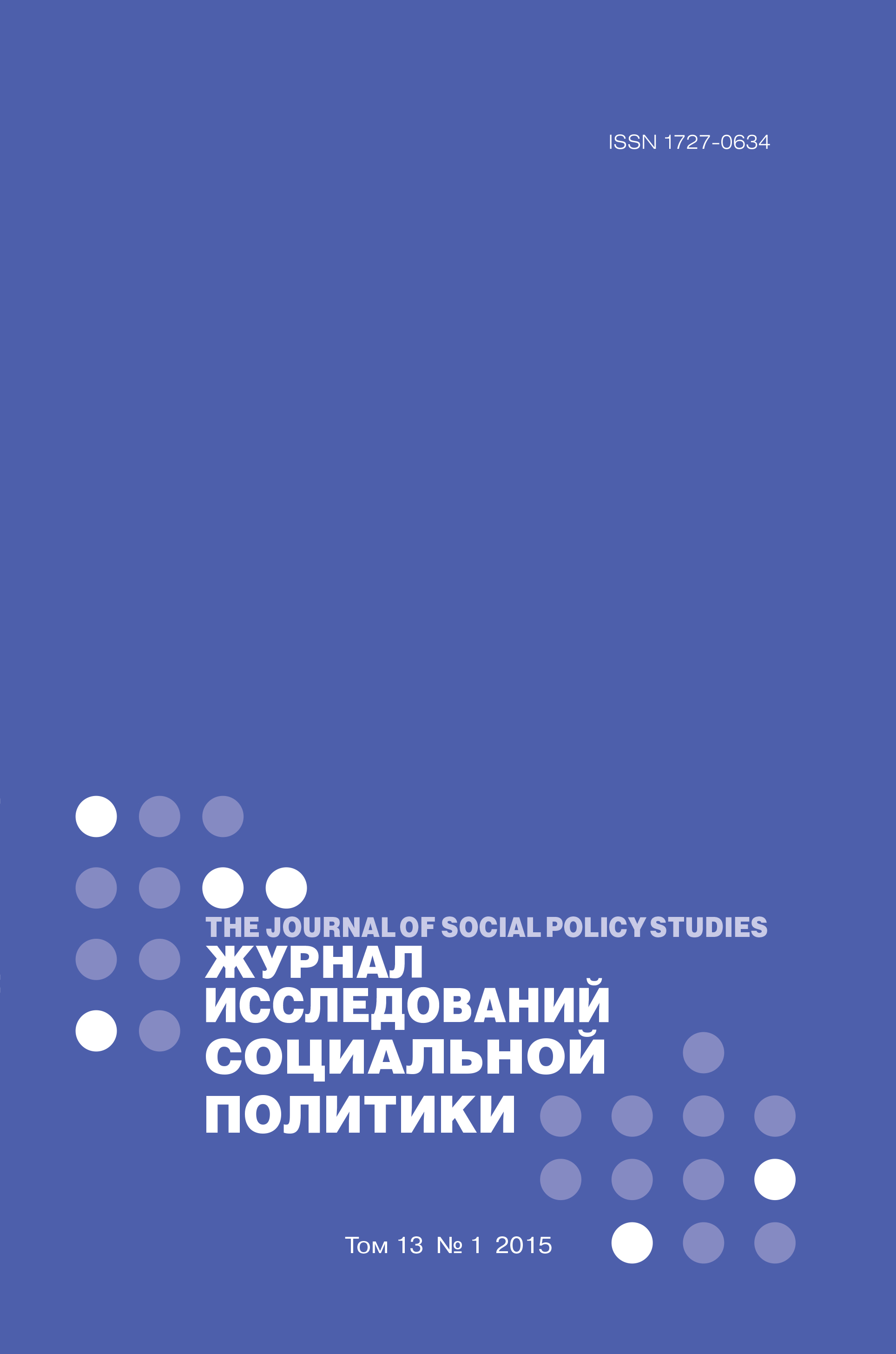Constructing the "Ideal Mother": the Concept of Motherhood in Russian Society in the Beginning of XX Century
Abstract
This article aims to explore the process behind both the construction of the concept ‘ideal motherhood’ and the medicalization of women's lives in the conditions of industrial Russia. The basis for this research was both in female egodocuments legalizing women's emotions and bodily practices that were taboo in official sources, as well as in the medical reports, scientific and journalistic articles of the early 20th century. The author employs comparative and socio-constructivist approaches.
Contemporary domestic scientists assume that "policy body"towards women appeared in the Soviet and post-Soviet Russia. In contrast, the author argues that they have been actively implemented since the second half of the 19th century. Discussion about ‘ideal motherhood’ was born in post-reform Russia in a context of increasing liberalization and emerging ideas of female emancipation. Society actively began to create an image of the ‘ideal mother’, thereby forming stereotypes of maternal behavior. Doctors and teachers played a significant role in spreading the concept of ‘conscious’, ‘professional’, ‘expert’ motherhood’ in industrial Russia. One active supporter of the sanctity of the parent debt was classic Russian writer L.N. Tolstoy. Using the construct of motherhood he promoted his model of femininity and the ideal image of women as mothers. Control over women's reproduction finally passed from the family to the state by the early 20th century.
The appearance of new constructs such as ‘conscious’, ‘professional’ and ‘expert’ motherhood imposed new standards of behavior for women in reproduction and maternity. This can be seen in experts keeping close contact with the mother, the use of maternal education, the promotion of sex only as a means of reproduction and bans on contraception, sexual relations during pregnancy and lactation. The cult of ‘ideal motherhood’ was actively propagated by the expert community made up of doctors, writers, teachers and psychologists. It was intended to stop the process of female emancipation and return women to the bosom of the family. By encouraging the mother to devote herself to raising children, she was, in fact, being deprived of the right to engage in other areas of activity. Any rejection of or resistance to the new standards of ‘ideal motherhood’ was condemned as a deviation from the true maternal instinct. Motherhood, as such, became a regulated and imposed cultural institution. Given that constructs such as the female and feminine were closely tied to motherhood, this had a significant impact on gender order in society. Feminist responses to the expert constructs of motherhood could be found in the emerging ideology of "voluntary" and "intensive" motherhood















